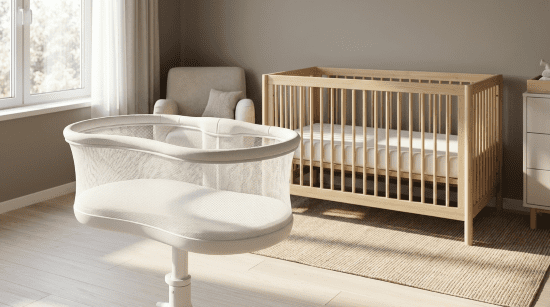Motherhood, One Nap at a Time
Welcome to your digital village, where I share honest encouragement, researched baby tips, and the simple things that make the newborn days feel a little less overwhelming. Grab a cup of coffee (reheated is fine) and settle in—you’re doing a great job, mama.
Fresh Reads !
The latest tips, honest reviews, and parenting insights hot off the press. Dive into our newest articles covering everything from essential baby gear comparisons to practical advice for navigating the first years of parenthood.
Check Them Out!The Lifestyle Starter Bundle
Get my free Lifestyle Starter Bundle and jump into a curated mix of easy routines, home tips, wellness ideas, and gentle inspiration.
Grab the guide now!What’s trending
 Tech
Tech
Are WiFi Baby Monitors Safe? (A 2026 Security Guide)
The short answer is: Are wifi baby monitors safe? Generally, yes—but only if you lock them down correctly. In 2026, the question isn’t just about safety; it’s about smart parenting in a digital age. We’ve all seen the headlines about a wifi baby monitor hacked by a stranger, leading to terrifying “voices in the nursery”…













